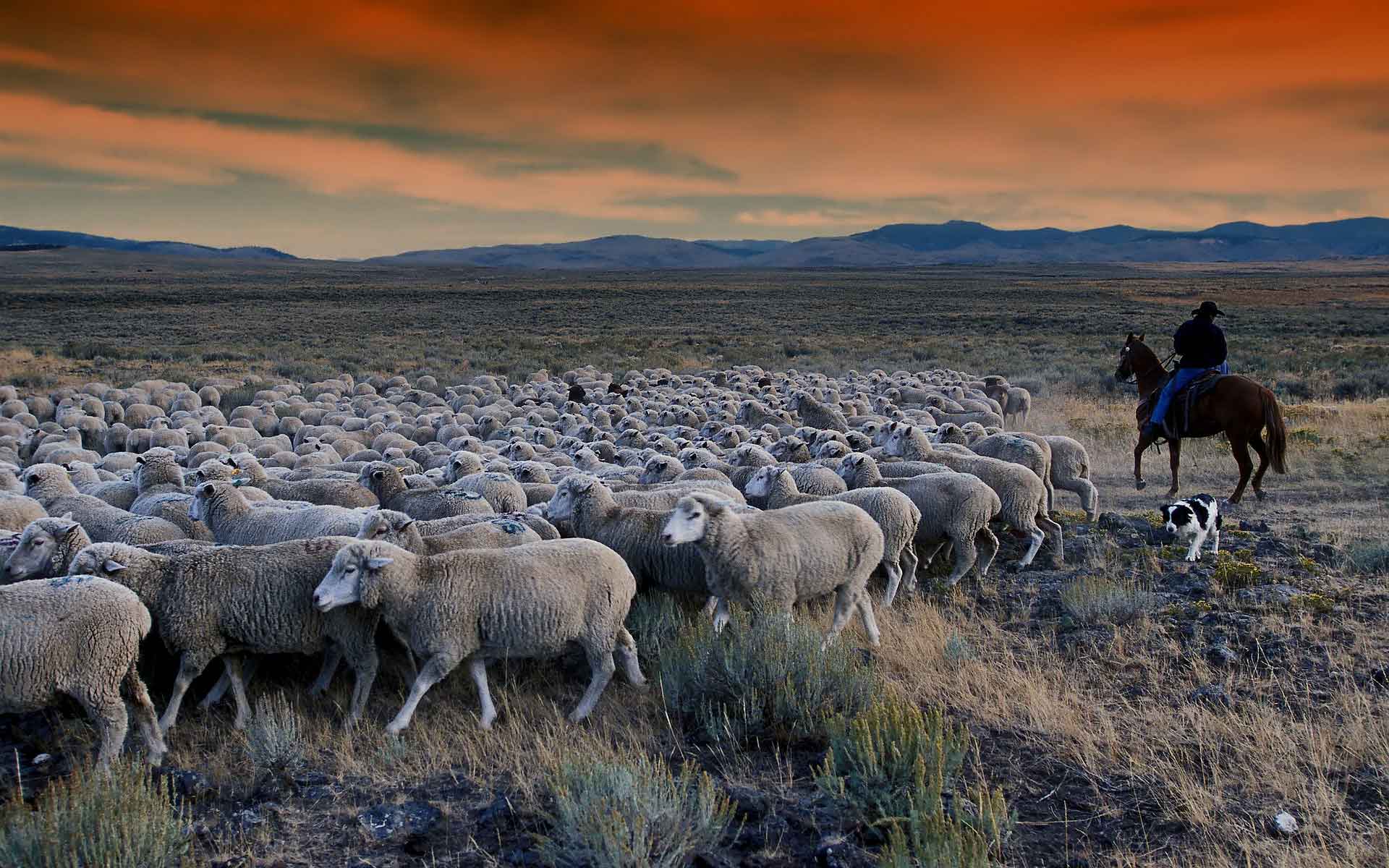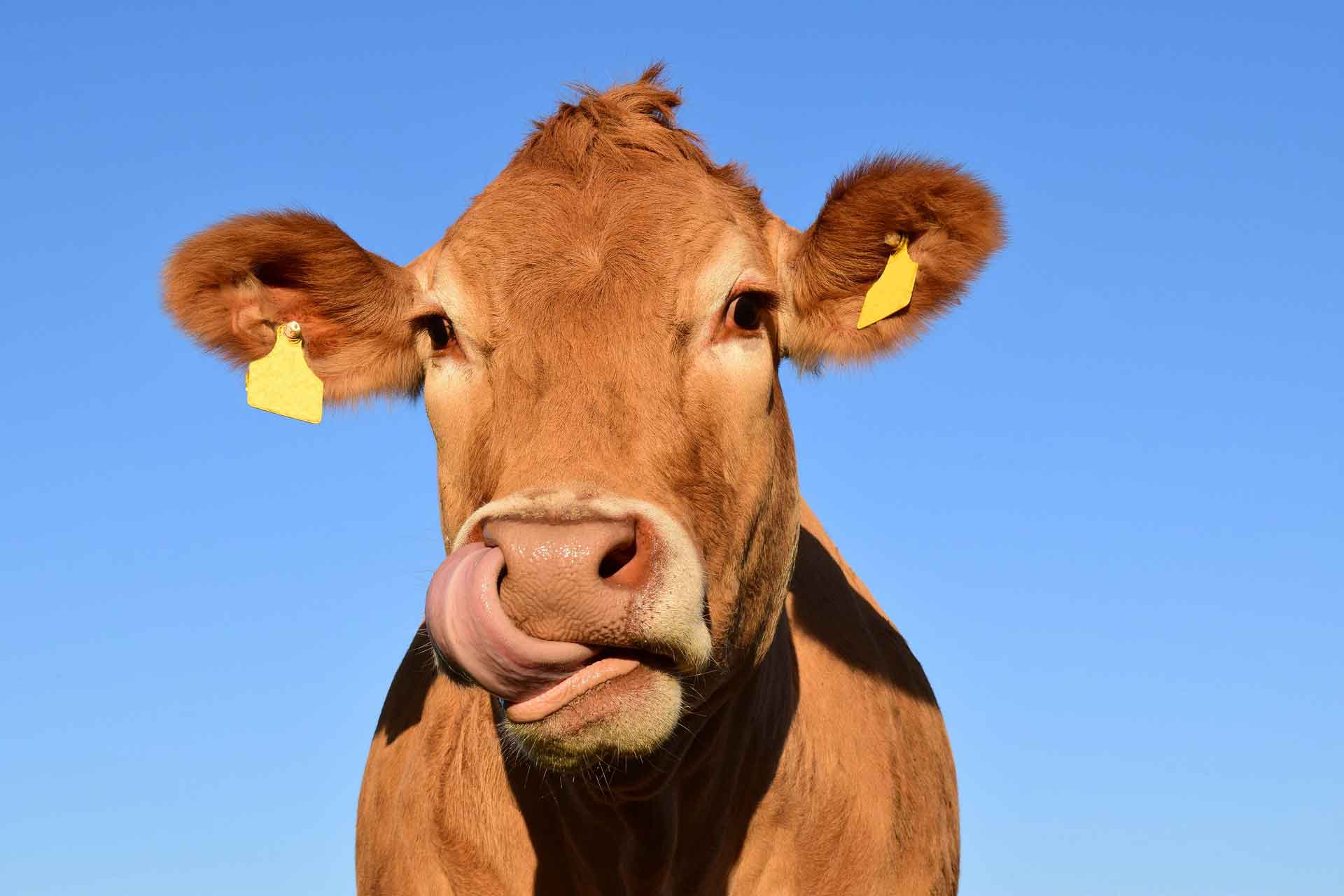What’s in the Name
By: Grazyna Witkowska Date: 14th August 2019


In the last week I have been catching myself up on reflecting a lot on the subject of how the names we use to describe our world reflect our perceptions and affect our actions.
No doubt, this is because I am about to facilitate a MeetUp session titled ‘What’s in the Name’. This MeetUp is essentially about human-animal ways of relating (“Animals and Us: Intellectual and Metaphysical Explorations”) so the discussion about the names and the naming will be in this context.
There are several possible angles to this subject, and on the MeetUp day, we will see how the discussion unfolds (join us on Meet Up Group).
For now let me outline a few potential paths the discussion could follow…
When we give an animal a name…
My friend’s teenage daughter said that once you give an animal a name you cannot eat it. Interestingly, at my grandmother’s subsistence farm many animals had names. Cows always had names. They stayed with the family for most (if not all) of their lives. Pigs did not have names. Many went to the market at the tender age of 6-9 months. But they were recognised by the family not only as a group but also as individuals and we knew their individual peculiar habits and preferences. I gave names to chickens. My grandmother never did. Their lives were also limited – particularly the lives of roosters (meat was consumed sporadically but now and again, for a special occasion, there would be a chicken soup…).
And now-a-days, in commercial production, animals don’t have names – they have numbers on ear tags… Convenient? – Yes. But it creates a culture of commodification where an individual does not matter. If 5% of animals perish (e.g. in transportation) that is looked upon as attrition. Like if we transported a bucket of water and there was some spillage. It becomes a ‘cost of production’ rather than ‘loss of animal life’.
When we say (in English) ‘pork chop’ rather than ‘pig chop’…
Does that mean we want to disassociate ourselves from admitting that we had to kill a pig to eat a pork chop? In some cultures the carcasses of animals are hanging visible in meat outlets. In white western culture we get nicely cut pieces, sometime neatly wrapped in plastic, sometimes covered with plum sauce.
I don’t object to people eating meat if they want to, but why are we reluctant to know where the meat comes from? Even trace the meat to the individual animal on an individual farm. This could be very useful for example when there is an outbreak of disease such as mad cow disease. And it could be useful for the consumers to know more about the meat they are buying. (Now-a-days, we have that sort of traceability for many eggs and thus we can make more informed choices what eggs we want to buy.
Interestingly, our Australian Government is hell bent determined on stopping anyone obtaining any evidence about how our meat (read: animals that are kept for meat) are farmed. Rather than updating the farm animal welfare laws they are creating laws to stop and punish anyone who obtains evidence of what happens to animals on the farms, during the transportation and during slaughter. Why there must be a secret to how our food is produced?
When we call ourselves ‘mummy’ or ‘daddy’ when talking to our pet…
Are we implying that this pet is our perpetual baby? Of course, we humans need to be responsible for the wellbeing of our animals. We need to feed them, house them, exercise them, take care of their health… And yes, we need to baby them when they are babies… and then we need to help them to grow up.
You probably already know that – but there are many people who treat their animals as perpetual babies, smothering them with affection because that makes them, guardians, fulfilled rather than considering what would make their animal fulfilled, challenged, able to evolve and grow.
 Other people will keep an animal as an accessory. Yes, just like the cute Chihuahua was a great accessory for Elle Woods in ‘Legally Blond’.
Other people will keep an animal as an accessory. Yes, just like the cute Chihuahua was a great accessory for Elle Woods in ‘Legally Blond’.
I have seen photographs of chickens carried on movie stars arms to attend black tie events. Don’t tell me chickens just love black tie events… I know they would be much happier among their chicken friends getting an early night. It is the person who chooses not what the chicken wants but what they want… to wear – a bold scarf, a eye-catching handbag… or a small disempowered animal.
I know animals like to discover that there is more to themselves than a helpless baby – just like humans do. When my cat caught and ate her first mouse she was walking with the proudest posture. It was as if she was saying ‘I made it. I am all grown up now. I can feed myself’. (It doesn’t feel that different to how I felt when I started my first real job). Ok my cat couldn’t fully feed herself but it is like the kids taking on new challenges and learning in the process more about the world and themselves, growing in confidence and growing in maturity (Hmm… some animals might not want to grow up – just like Peter Pan… What would be a positive ‘mummy’ do?)
Well, being a mother can mean paying attention to our animals, and encouraging our animals to evolve. Or it could mean asking the animal to stay a cute and helpless so we can delight in babying them.
It’s your relationship and thus it is between you and your animal but wouldn’t you agree that it is interesting (and useful) to know what kind of relationship you are building by the choice of the names you use?
When we object to the name ‘pet’….
Some animal advocates frown on the name ‘pet’. They want pets to be called ‘animal companions’. I have no problems with that name but I have a problem with implying that calling someone a pet is equivalent to calling them a slave or a piece of possession. (Maybe their objections come from having Playboy Pets?).
In a recent presentation at Sydney Uni one of the visiting speakers put out an argument that companion animal, pets, should really be called ‘social support’ animals. Hmmm… So our spouses and family and friends should be called our ‘social support’ people?!
Yes, animals play many roles in our lives… How we talk about them and to them reflects our attitudes to our animals, animals in general and animals’ place in our world.
Hmm… I have pet names for my pet (for my cat). I call her sometime ‘my Little Frog’ or ‘my Little Frog in fur coat’. Am I insulting my cat by equating her with an amphibian? Or am I insulting frogs? I think I need serious therapy! …ha, ha, ha!
When we call a cat ‘Agro’ rather than ‘Fluffy’…
Once upon the time I visited a family in Dandenongs (VIC). There, I met a lovely tabby cat called Agro. When I inquired why they called their cat Agro, the father explained that they had several cats before and the children called them cute names like ‘Fluffy’ and ‘Sweetie’ and all of them in a short period of time would get squashed by cars on the near by road. Then the father decided: ‘No more sweet cats! ‘We needed a survivor’ – he said to me. And so he named one subsequent cat ‘Agro’ (no, nothing to do with agriculture) and this cat had survived!
Remember Titanic? – yes, the big ship. The mighty ship that was supposed to be invincible. And it sunk.
Well remember that Titans were strong and arrogant enough to take on the Gods… and they lost! From that perspective imbuing a mighty ship with the archetypal energy of Titans by calling her Titanic was perhaps not the smartest of ideas.
I wonder, is there any such parallels in the names of your animals?
As humans we interact with our world in great measure by words. How we use names in a context of animals might be the first step in gaining greater awareness of how we are interacting with, and affecting the world. Names can put limitations on how we view another or they can allow us to see the same old thing in the totally new light.
 And the way we see the world also reflects on how we see ourselves, what we think of ourselves, how we choose to live and what we choose to do – explicitly or tacitly.
And the way we see the world also reflects on how we see ourselves, what we think of ourselves, how we choose to live and what we choose to do – explicitly or tacitly.
Join us for the MeetUp discussion, reflect on your own, or strike a conversation with a friend. Then feel free to share your observations with us. I bet you will have a range of remarkable, interesting and even amusing reflections to share!
Join me in this meet up
https://www.meetup.com/ANIMALS-AND-US-Intellectual-and-Metaphysical-Explorations/events/261737317/

Grażyna Witkowska - Kinesiology and Hypnosis
Copyright @2018 - Best Versions Of Us - Developed by BWebSeen
